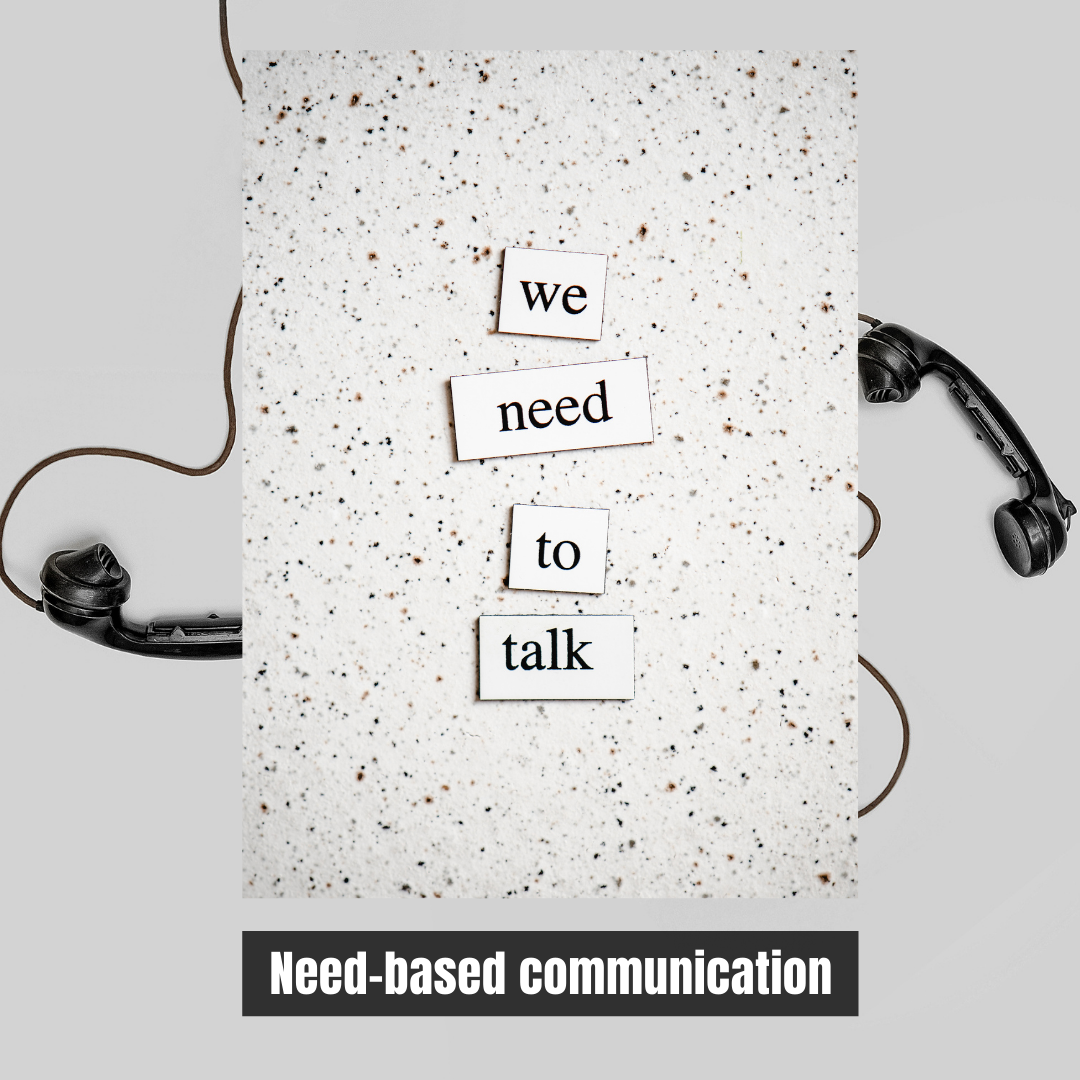
We often hear that good communication is the most important thing to make relationships work. While this is essentially true, it is often not understood that people who are at different levels of consciousness development cannot solve their relationship conflicts through better communication. This is because they make different validity claims to what is true, truthful, (morally/ethically) right, and practical. It is as if they speak different languages, such as Greek and Chinese.
People in a pure survival situation (which can be real or imagined) demand/require our immediate and full attention and action to rescue them.
People on the magic level are often superstitious and fearful, and see all kinds of imagined threats and dangers. Their communication is irrational, with beliefs in miracles, magical powers, unseen outside forces, and their own narcissistic perceptions. They expect their partner to make them feel safe through compassion and affirmations, and by joining like-minded tribes and communities who share their views and concerns.
Egocentric people demand respect and validation for their subjective needs and truths, think that nobody can be trusted, believe that everyone should fend for themselves and that their desires must be met immediately without consideration of the needs of others or negative consequences in the future.
People on a mythic/conformist level validate or argue that what is true, right, beautiful, and practical cannot be decided by individuals, but is given by higher authorities and powers (which are typically male) that are not to be questioned. The rules and laws are necessary to bring stability and order. Adherence brings future rewards and violations will be punished.
Rational people argue that only objective experience, reason, and empiricism can deliver what is true, ethical, aesthetic, and practical. They usually suggest keeping emotions out of the conversation and focus on interests and win-win thinking instead of fixed positions.
Pluralistic people shift their communication from goal-oriented objective rationality to expressing subjective observations, feelings, unmet needs, and making requests (rather than demands), known as compassionate or non-violent communication.
The understanding of these different ways of communicating allows integrally informed people to hear and understand people at various levels of consciousness. They can then show curiosity and understanding, adjust their communication to their interlocutor’s level, avoid conflict by agreeing to disagreeing, or end a conversation or relationship with love and compassion when conflicts become irresolvable.

